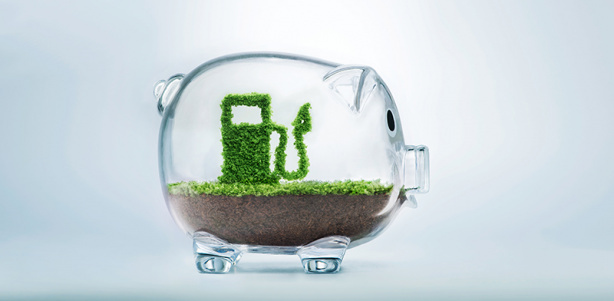Five Tips to Save on Fuel

The price of fuel is one of Australia’s most commonly uttered gripes. Probably because of its fluctuating nature: what we spend one week can vary greatly from the next. In an age where the cost of living has never been higher, the price of petrol can hinder our ability to budget.
There are some ways to limit the damage, however. Here are five:
1. Do Your Research
Aside from the inevitable public-holiday spikes, there’s no rhyme or reason to fuel’s pricing fluctuations. On any given day one servo could be asking $1.50 per litre; its neighbour, $1.30. But we have a friend in Internet. The ACCC’s petrol price cycles website page is a handy tool for pricing trends and tips for when motorists should hit the bowser, while a swag of other sites – including Petrol Spy, MotorMouth, Compare the Market and RACV – offer the cheapest options based on your postcode. Then there’s always breakfast radio: cheap-fuel hotspots are regularly broadcast during traffic reports.
2. Regular Servicing
It can be tempting to put off servicing your car, given the inevitable expense, but avoiding regular servicing can far outweigh any perceived saving by delaying it for a few months or more. Ask your mechanic to draw up a regular servicing schedule, and stick to it. Your car will run far more efficiently with clean oil and regular engine tune-ups. Check your tyres have the right pressure (generally 32 to 34 psi); flat tyres mean your engine has to work harder, which, naturally, lifts your fuel consumption.
3. Drive Less, Walk More
Driving can become a habit like anything else – popping down to the shops for milk and bread, driving a couple of kilometres to see a friend, and of course that five-day-a-week commute because, well, it’s just easier than standing on a crowded train or bus. Many of us drive far more than we need to and if we were honest with ourselves we could probably cut our mileage down by half. Opting to walk more often or catch public transport will add up to significant fuel savings over time – and you get the added benefit of being more active and therefore healthier.
4. Mind Your Driving Habits
It’s human nature to go a little autopilot once you get comfortable behind the wheel. Unfortunately, this could lead to habits that might be small early on but become costly in the long run. Making subtle adjustments to how you drive could soften your fuel expenditure. Ease into your drive and don’t accelerate too quickly. Wherever possible, avoid peak hour traffic as frequent starting and stopping can hurt your fuel economy. And de-clutter – check your boot, your back seat: is there anything that could be weighing the car down, and making your engine work harder?
5. Go Economical
This is another case of outlaying a little more now to potentially save more in the future. Laws and standards around emissions and fuel consumption have been tightened in recent years, meaning manufacturers are compelled to devise and engineer new technologies that enable reduced fuel consumption. Upgrading to a new (or newish) car, servicing it regularly and following the other steps above, will likely be a better long-term investment than persevering with the old bomb.
Never miss out on the latest handy hints, follow the Maxxia Facebook page today.
Looking for a new car? A novated lease through Maxxia could be a smart option. Contact us on 1300 123 123
This website contains general information and doesn't take your personal circumstances into account. Seek professional independent advice before making a decision.

